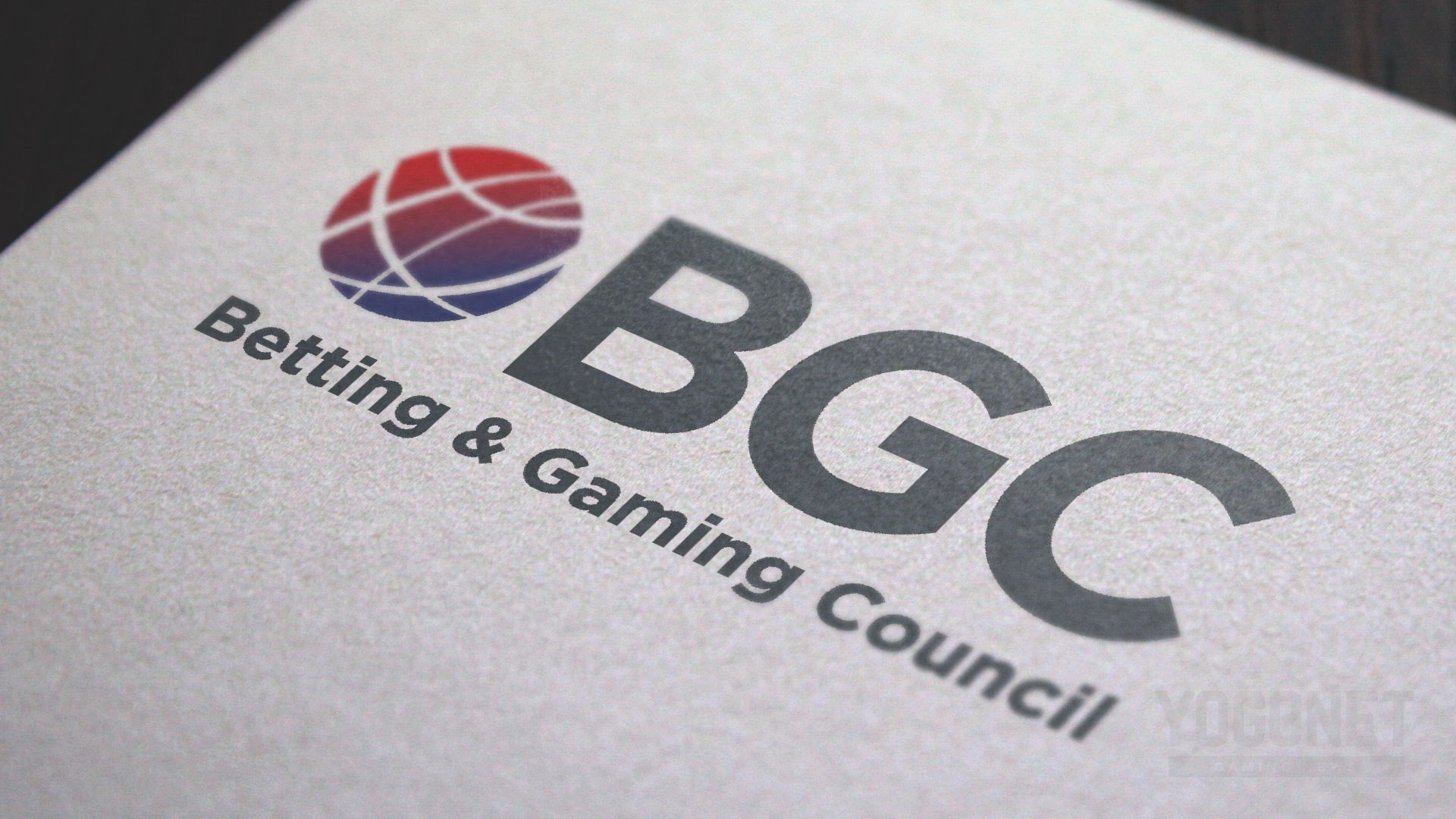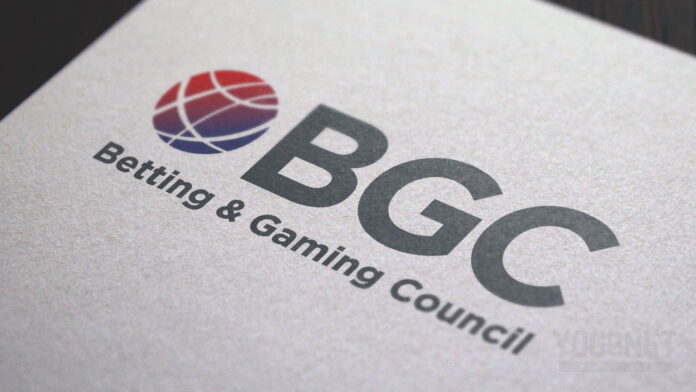
The Betting and Gaming Council (BGC) has expressed significant concerns about the UK Gambling Commission’s (UKGC) latest Gambling Survey for Great Britain (GSGB). The council argues that the findings may overstate gambling participation and related harms, raising questions about the survey’s reliability.
The UKGC released its first annual GSGB report earlier this week, aiming to establish a new benchmark for understanding gambling behavior in Britain. However, due to a shift to a push-to-web data collection method, the Commission has warned that the results should not be directly compared with previous gambling or health surveys.
The 2023 GSGB report includes responses from 9,804 participants, a number that is expected to grow to around 20,000 by next year. In a statement, the BGC raised concerns about the survey’s methodology and the reliability of its estimates.
“The methodology used in this survey is different to those previously conducted into betting and gaming. As a result, the Gambling Commission has been clear, GSGB should not be used to make direct comparisons with results from prior surveys, as a measure of addiction, or to gross up problem gambling prevalence to the whole population,” a BGC spokesperson said.
“Our members are concerned these findings may be unreliable because there is a significant risk GSGB overstates gambling participation and gambling-related harm.”
The BGC emphasized that online self-completion surveys, like the GSGB, tend to produce higher estimates of gambling participation and associated harms compared to other survey methods.
Despite these concerns, the BGC reiterated its commitment to improving industry standards. The council noted that its members have contributed over £170 million ($218.68 million) in the past four years to independent research, prevention, and treatment services to address problem gambling and related harms.
“Each month around 22.5 million people in Britain enjoy a bet, and the overwhelming majority do so safely and responsibly,” the spokesperson added, referencing the most recent NHS Health Survey for England, which estimated that 0.4% of the adult population are problem gamblers.
In response to concerns about the new methodology, the UKGC had previously enlisted Professor Patrick Sturgis of the London School of Economics to review the push-to-web approach. In his review published in February, Sturgis praised the GSGB developments as “exemplary in all respects” but provided seven recommendations to address unresolved issues.
Sturgis’s recommendations included researching the relationship between survey topics and response rates, understanding the impact of socially desirable responses, and conducting experiments to evaluate the effect of updated gambling activity lists on prevalence estimates.
He also suggested assessing potential biases in online-only questions, monitoring best practices in survey methods, and benchmarking GSGB estimates against face-to-face interview surveys.
Following the publication of the GSGB report, Sturgis commented: “The new design of the Gambling Survey for Great Britain will significantly enhance the evidence base on patterns and trends in gambling behavior. With an annual sample size of 20,000 individual interviews across the nations and regions of Great Britain, the survey will provide researchers and policymakers with fine-grained and timely data across a broad range of key indicators.”
Original article: https://www.yogonet.com/international/noticias/2024/07/29/73380-betting-and-gaming-council-raises-reliability-concerns-over-new-uk-gambling-survey














